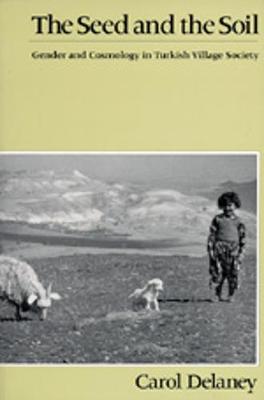Comparative Studies on Muslim Societies
1 primary work
Book 11
How do the metaphors we use to describe procreation affect our view of the relative worth of each gender? Carol Delaney discloses the powerful meanings condensed in the seemingly innocent images of "seed" and "soil." Drawing on her work in a small Turkish village of Sunni Muslims, she shows us that the images are categorically different, hierarchically ordered, and unequally valued. The ways in which the creation of a child is understood in Turkey furnish a key to understanding a whole range of Turkish attitudes toward sexuality and gender, honor and shame, authority and submission, time and space, inside and outside, open and closed. Moreover, the symbols and meanings by which they represent procreation provide the means for understanding relationships between such seemingly disparate elements as the body, family, house, village, nation, this-world and other-world. Delaney points out that these symbols do not embellish reality; they provide the key to a particular conception of it, a conception that gives coherence to social life. The patterns revealed are not distinctly Turkish; they also comment on some of our own deeply-held assumptions and values about procreation.
